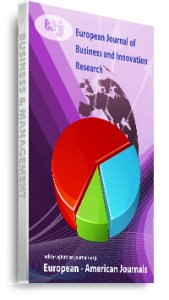This study examined the attributes influencing consumers’ choice of retail outlets in the fast moving consumer goods (FMCG) sector. Anchored on the Attribution Theory, the study investigated whether and to what extent five attributes (i.e. customer service, product quality, product assortment, competitive pricing, and store location) individually influence consumers’ choice of retail outlets. The major entity analyzed is actual buyers of FMCG in Awka Metropolis, Anambra State, Nigeria. Multiple regression analysis with the aid of SPSS Version 20 was used to test the hypotheses. The result from a convenience sample of 323 respondents indicates that all five proposed hypotheses were significant. That is to say, customer service, product quality, product assortment, competitive pricing, and store location significantly influence consumers’ choice of retail outlets. As a result, the study concludes that retailers may need to re-strategize in line with the findings of this study to delight customers and reap the concomitant benefits of profitability, growth, success and alluring retailer image. Finally, the study recommends that retail firms should adapt to the prevailing electronic payment options available in the economy to attract customers and ease operations.
Citation: ILoamaeke, Nzube Chukwudi, Nwaizugbo, Ireneus Chukwudi, Ogbunankwor, Chibueze Emmanuel (2022) Application of The Attribution Theory to Consumers’ Choice of Retail Outlets in A Nigerian Setting, European Journal of Business and Innovation Research, Vol.10, No.4, pp. 54-73
Keywords: attribution theory, consumer choice, fast moving consumer goods., retail outlets

